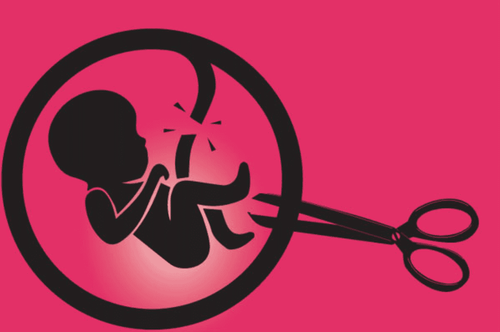Nội dung bạn đang tìm kiếm không có phiên bản tiếng Việt.
Vui lòng chọn tiếp tục để xem nội dung tiếng Anh hoặc đi đến trang chủ Tiếng Việt.
Rất xin lỗi về sự bất tiện này.
Women's Health Center


Is it safe to take antibiotics before pregnancy?
When planning to conceive, couples often focus on nutrition and exercise to enhance their chances of getting pregnant and to promote the health of the baby. One common concern among couples is whether taking antibiotics before pregnancy will affect their ability to conceive and the health of both the mother and the baby.
View more

Why Does the Estimated Due Date Change Between Ultrasound Scans?
A typical pregnancy lasts approximately 280 days (around 40 weeks) from the first day of the last menstrual period (LMP) before conception. However, the estimated due date (EDD) can sometimes change, and in some cases, an ultrasound may estimate the due date to differ by up to 2 weeks compared to the actual delivery date. In reality, very few women deliver on their exact due date.
View more
Latest articles

Postpartum knee pain
Knee pain after giving birth is a condition that most women experience during the postpartum period, it not only affects the health but also the psychology of the mother. Therefore, postpartum mothers always want to find a way to overcome this condition.
View more

Ultrasound in Early Pregnancy: What Can It Detect at 3 Weeks?
Fetal ultrasound imaging is an extremely significant and effective testing technique for monitoring the fetus' growth and development in the mother's womb. In order to get the greatest results, anticipating parents must be knowledgeable about fetal ultrasound, including vital fetal ultrasound milestones.
View more

Can I get pregnant again after 1 year of caesarean section?
Women who give birth vaginally typically experience a faster recovery compared to those who undergo a cesarean section. However, not all mothers can have a smooth vaginal delivery. Many choose or are required to have a cesarean delivery due to medical reasons. This raises a common question: Is it safe to become pregnant again one year after a cesarean section? This concern is frequently voiced by mothers who face unplanned pregnancies ('oops pregnancies') shortly after their cesarean or by those intentionally planning closely spaced pregnancies.
View more

Monitoring 40-week pregnancies with no signs of labor
According to statistics, only 5% of women give birth on the exact due date set by the doctor, and many first-time mothers have to wait beyond the due date to welcome their newborn. There are quite a few cases where women who are 40 weeks pregnant show no signs of labor, causing restlessness for the mothers-to-be.
View more

Can a 4-Month Pregnancy Be Terminated?
A 4-month pregnancy corresponds to 16 weeks. According to experts, a 16-week pregnancy can still be terminated. However, at this stage, the fetus has developed comprehensively in almost every aspect. Therefore, doctors usually advise pregnant women to continue the pregnancy unless there are cases of fetal abnormalities or maternal health issues that warrant consideration.
View more

Why should we not overuse ultrasound during pregnancy?
During pregnancy, to know the condition of the fetus, we often use the method of ultrasound. However, in some cases, this form is overused, so should we overuse ultrasound during pregnancy?
View more

Fetal femur length at 37 weeks of pregnancy
At 37 weeks of pregnancy, the time for labor is approaching, so expectant mothers should pay close attention to both the changes in their body and the development of their baby. One of the important ultrasound markers for fetal morphology at 37 weeks is the length of the fetal femur.
View more

Understanding high progesterone levels
Progesterone is a natural hormone related to the thickness of the uterine lining in a woman's body. During pregnancy, this hormone will increase naturally to adapt to the development of the fetus in the uterus. However, in some cases, high progesterone levels can lead to a series of unwanted reactions.
View more

